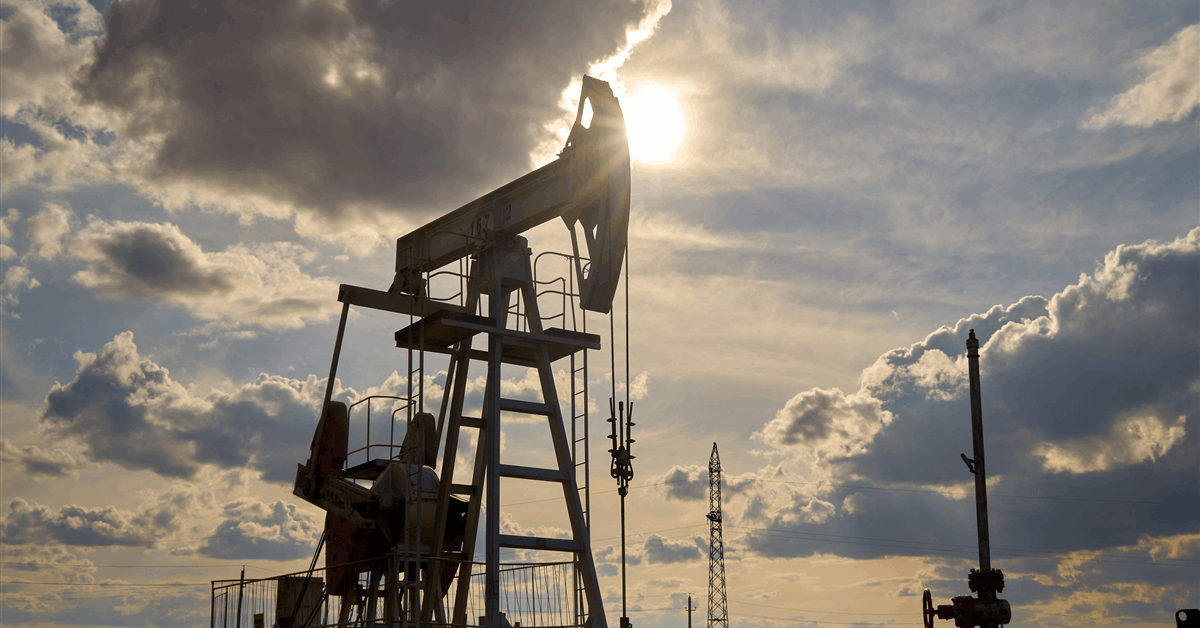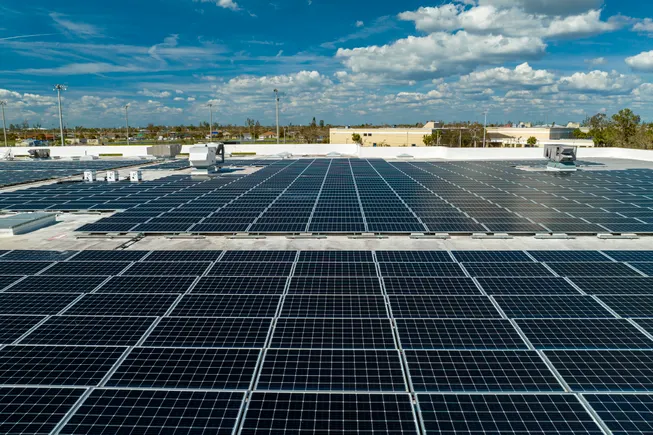
EnerMech Pty. Ltd. said it has been awarded a contract by ExxonMobil to deliver a complete flowline decommissioning package for the Hoover Diana development in the Gulf of America.
The project scope includes decommissioning the subsea flowlines, marking EnerMech’s first major decommissioning campaign in the region, the Aberdeen, Scotland-based engineering services firm said in a news release.
Financial terms of the contract were not disclosed.
The Hoover and Diana fields are located approximately 160 miles south of Galveston, Texas. The project utilizes floating production deep draft caisson vessel (DDCV) technology, which has gained the world record for deepwater drilling and production depths, the company said.
The DDCV floats vertically and is nearly 150 feet in diameter, incorporating both drilling and production facilities. Twelve anchor lines, each extending 7,100 feet from the hull, secure the facility to the sea floor. The hub ties in the remote Diana field around 15 miles away and two satellite fields, Marshall and Madison, each located about seven miles from the facility, according to ExxonMobil.
EnerMech said it will deploy a team that integrates multiple service lines from its Energy Solutions division, including coiled tubing, pressure pumping, chemical services, filtration, separation, and pipeline gauging.
The project scope includes flushing, pigging, and filling subsea pipelines to safely remove hydrocarbons and prepare them for decommissioning. The plan involves flushing of the umbilical, pipeline flushing, and seawater fill operations for the subsea flowline loop, as well as nitrogen flushing via subsea vessel, coiled tubing services, and final seawater filling for the Northern Diana flowline, according to the release.
EnerMech CEO, Charles Davison Jr. said, “The Hoover-Diana project marks our first large-scale decommissioning engagement in the Gulf of Mexico, building on the strong relationship we’ve developed with ExxonMobil in Guyana since 2018. Executing a multi-service end-of-lifecycle project of this scale requires a highly skilled and competent workforce”.
“Securing this new contract following a competitive tender is a testament to our deep expertise, integrated capabilities, and the trust ExxonMobil continues to place in our team. Our early engagement has allowed us to develop a tailored methodology that maximizes efficiencies, minimizes risks, and ensures a safe, cost-effective execution,” Davidson continued.
“With many offshore assets reaching the end of their lifecycle, the decommissioning market in the Gulf of Mexico is expanding rapidly. This project underscores the value we bring to our customers and positions us for future growth in this critical sector,” he concluded.
Jon Felton, EnerMech’s technical solutions director for the Western Hemisphere, said, “Our approach includes nitrogen injection to mitigate gas-related risks and advanced pigging solutions to ensure compliance with regulatory requirements”.
“Our ability to seamlessly coordinate multiple service line disciplines required simultaneously under one contract sets us apart. We’ve engineered a methodology that not only meets ExxonMobil’s expectations but also establishes a new benchmark for efficiency and safety in deepwater decommissioning,” Felton added.
Pre-Commissioning Contract Secured from LLOG
Last month, Enermech said it secured a “significant” contract from LLOG Exploration Co. for pre-commissioning services at the Salamanca Platform in the Gulf of America.
The contract includes hydrotesting and nitrogen dewatering of three 8” infield flowlines, one 16-inch oil export pipeline and one 10-inch gas export pipeline. The award follows a previous contract for topside pre-commissioning services which EnerMech secured last year, the company said in an earlier statement.
Financial details of the contract were not disclosed.
The Salamanca Floating Production Unit (FPU) will operate at a depth of approximately 6,400 feet of water with production from the Leon and Castille fields. The FPU will have an initial production capacity of 60,000 barrels of oil per day and 40 million cubic feet of natural gas per day, according to the statement.
Davison said, “The Salamanca project is an important one for the future of the country’s energy sector, and we are proud to have been chosen to work on what is a vital piece of infrastructure”.
To contact the author, email [email protected]






















